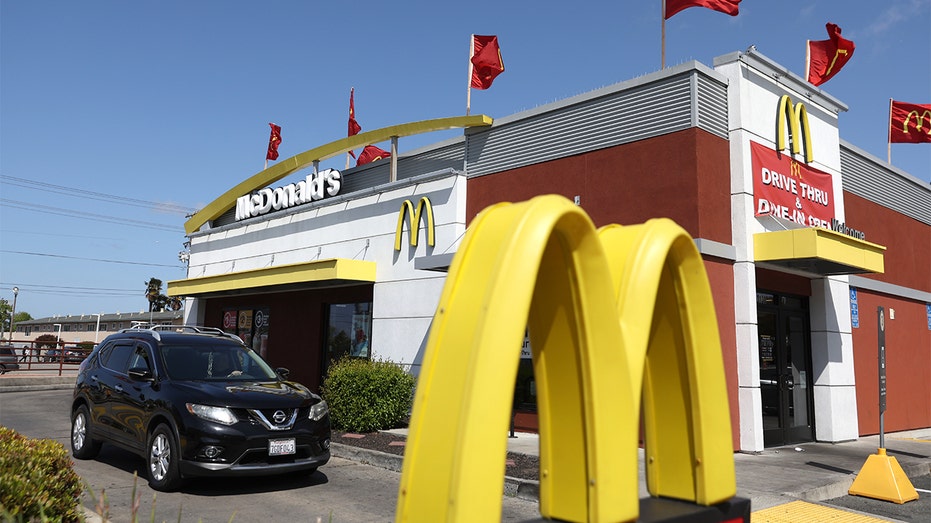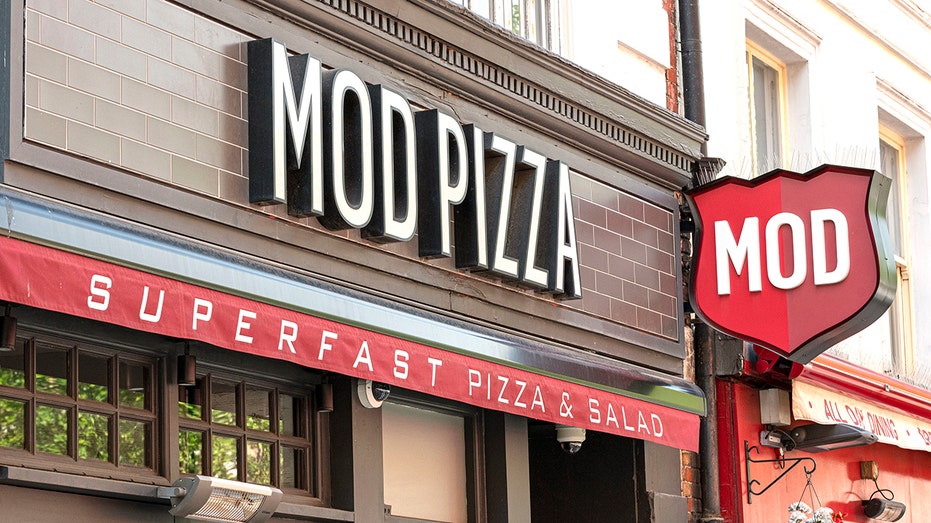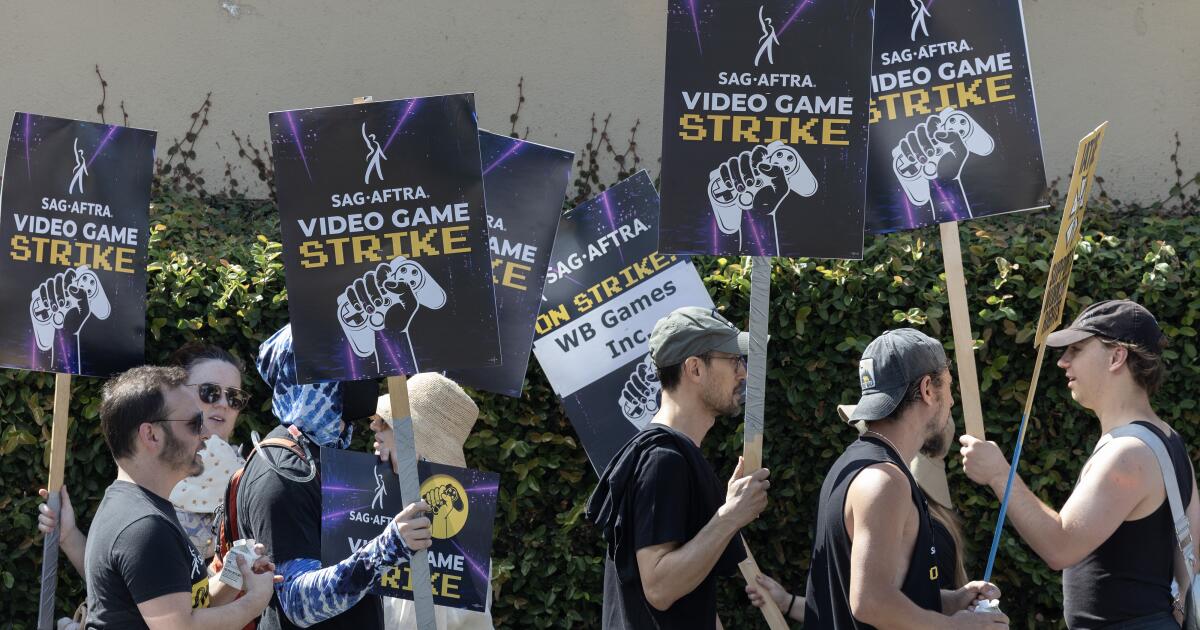Bussiness
The fast food minimum wage effect: higher prices, reduced hours

CABIA President Tom Manzo joined ‘Fox & Friends’ to discuss how the minimum wage increase has impacted the fast food industry as thousands are forced out of work.
After California implemented a new law boosting the minimum wage for fast-food workers earlier this year, a majority of restaurants increased prices and cut employee hours, according to a recent report from the Employment Policies Institute.
Some are considering expanding outside the state now more than ever.
Since April, when the law took effect, 98% of restaurants surveyed said they have already raised the cost of menu items, and 93% plan to do so next year. Additionally, 89% reported already reducing the number of employee hours, and 87% plan to do so next year.
CALIFORNIA FOOD CHAINS LAYING OFF WORKERS AHEAD OF NEW MINIMUM WAGE LAW
According to the survey, 70% of eateries already had to make staff cuts or consolidate positions. Even more, 74%, plan to do so in the coming year, the survey showed.
Since April, when the law took effect, 98% of restaurants surveyed said they have already raised the cost of menu items. (iStock / iStock)
The Employment Policies Institute surveyed 182 limited-service restaurant operators in the state over the past two months in order to get a better picture of the impact the new law has had.
By pumping up menu prices, the restaurants recognize that their traffic will take a hit to some degree. It’s forcing more than half of them to consider expanding outside of California.
Seventy-four percent said that there was a greater chance that their restaurants would shut down.
The legislation that went into effect in California on April 1 increases the minimum wage for restaurants that have at least 60 locations nationwide, except those that make and sell their own bread, from $16 to $20. This equates to an annual salary of $41,600.
The median fast-food worker in the U.S. earned $13.43 an hour in 2022, while those in California made an average of $16.60 an hour, according to the Bureau of Labor Statistics.

The median fast-food worker in the U.S. earned $13.43 an hour in 2022, while those in California made an average of $16.60 an hour, according to the Bureau of Labor Statistics. (Justin Sullivan/Getty Images / Getty Images)
Gov. Gavin Newsom signed the legislation, AB 1228, into law in September, saying at the time that “California is home to more than 500,000 fast-food workers who – for decades – have been fighting for higher wages and better working conditions.”
In addition to the pay raises, the legislation also established a “Fast Food Council,” including representatives for both workers and employers, that can approve further pay increases and set standards for working conditions.
GET FOX BUSINESS ON THE GO BY CLICKING HERE
After the law took effect, and in short order, eateries began cutting jobs and even closing locations to get ahead of the possible financial repercussions, namely pizza chains.

MOD Pizza logos on their restaurant in Leicester Square. (Dae Rushen/SOPA Images/LightRocket via Getty Images / Getty Images)
A New York Post investigation also revealed that some fast-food chains in the Los Angeles area raised prices when the legislation took effect on April 1, including Burger King, owned by Restaurant Brands International, Hart House and some In-N-Out locations.
FOX Business’ Breck Dumas contributed to this report.










